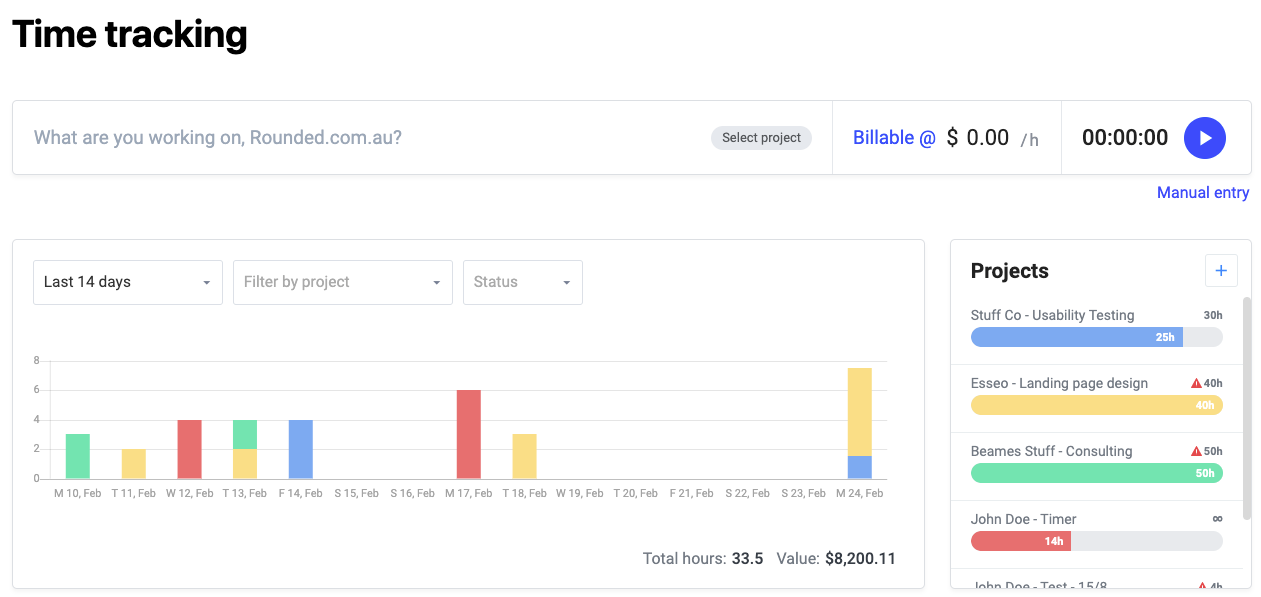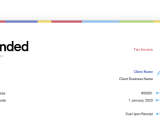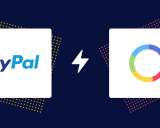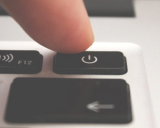
8 self-care strategies that really work
As a freelancer, you are your biggest asset. But to keep up with your workload and continue to grow your business, you need to look after yourself first and foremost.
Article contents
− +
We’ve put together some self-care strategies that are perfect for freelancers. But first, let’s take a look at exactly why self-care matters so much, particularly for people who work for themselves.
What is self-care and why is it important?
Self-care is everything you do to look after your mental, emotional, and physical wellbeing. These are self-initiated, individual, and deliberate actions that help you stay healthy, de-stress, and remain resilient.
Although self-care is essential for everyone, it’s particularly important for freelancers. While freedom and flexibility are massive draw cards for freelancing, the reality is that this comes with plenty of challenges. You need to juggle the transient nature of work alongside financial pressures from late payments and poor cash flow. And when you work for yourself, you’re isolated from the traditional support networks often found in an office environment.
These conditions take their toll. According to the Freelance Jungle’s Australian Freelance Market Survey 2019, around a third of all freelancers say they struggle with maintaining work-life balance, managing stress and isolation, and keeping up with healthy habits such as eating well and getting enough sleep.
So how can you ensure you’re protecting your best business asset? We recently hosted a webinar with Rebekah Lambert, founder of The Freelance Jungle. Watch the full webinar below, and keep reading to discover some of our top self-care tips that will really make a difference to your work and health.
Rebekah Lambert - Mental Health Advocate
8 practical self-care ideas for freelancers
1. Join a support network
One of the biggest challenges for freelancers is isolation. When you work for yourself, you don’t have colleagues to brainstorm with or HR managers to turn to if something goes wrong. Plus, you’re often working alone, either at home or in a cafe. Joining a support network can help fight off the loneliness that often comes from freelance work.
Support networks create a sense of community, giving you people to bounce ideas off of and share collective wisdom. There are plenty of support networks available online, including The Freelance Jungle and industry groups on LinkedIn and Facebook. Meetups and co-working spaces are other great places to connect with like-minded freelancers and build up your own community.
Engaging with these groups for the first time can be intimidating. For online groups, you can spend time reading comments to see how people interact before you jump in. When going to live networking events, see if you can bring a friend with you. Take time to prepare some questions to help spark conversation, and be ready to share your contact information so you can stay in touch with anyone you meet.
2. Differentiate between self-care and self-soothing
Many of us mistake self-soothing practices for self-care. But there’s a vast difference between unwinding with a glass of wine at the end of the day and practising self-care on a regular basis. You need to have both in order to build a well-rounded work-life balance.
Self-care is focused on establishing good practices that promote your wellbeing, such as getting enough sleep, exercising, connecting with friends and family, and eating well. If you need a helping hand, there are plenty of apps to help you build self-care habits, such as Daylio, Headspace and Calm.
3. Form a positive morning routine
When you work from home, it’s easy to form a morning routine that looks like this: roll out of bed, head straight to the computer and work while eating breakfast. But countless studies show that what we do in the morning significantly affects our mood and productivity for the entire day.
Rather than starting your day off with a routine that begins with checking work emails, create a ritual for the morning that puts you in the right frame of mind for the day. Start out by exercising, spend time preparing and enjoying breakfast with a cup of coffee, meditate, or read the news.
Another option is to start your day with experimentation and play. Work towards a new skill, or create something you don’t intend for others to see.
“If you play first, if you are tired, it gives you the opportunity to boost energy and feel better about the work you need to do later,” Rebekah says. “Treat it like an opportunity to stay connected to the work while also building capability and confidence.”
4. Learn how you’re spending your time
When you work as a freelancer, you often have to be a jack of all trades. On top of billable hours, you end up using extra time to chase up client payments, create invoices, pitch for new jobs, or simply procrastinate.
Tracking your time is a good way to get a broad look at how you’re spending your working hours. There are a number of online time trackers you can try, but if you’re a Rounded user, you’re in luck. The software has a built-in timer that makes it easy to monitor your work—even your own marketing and networking.
As you track your time, you’ll quickly see patterns start to emerge. Following up on finances might be taking up more time than you thought, or you might be sinking hours into adjustment and feedback rounds without billing for it.
Once you understand where you’re spending your time, it’s easier to identify strategies to free up your hours. For example, you may find that you need to start charging management fees for some clients, or hire a digital assistant to help with admin tasks.

5. Define clear boundaries, then enforce them
Freelancers don’t get to clock out, like traditional office workers do at the end of their working day. It’s easy to take on too much, and as a result, many freelancers end up working far more hours than they should to stay healthy. That’s why the most successful freelancers set boundaries, and stick to them.
“Work has to have the right amount of challenge to it—not so hard you feel as though you’ve bitten off way more than you can safely chew but not so easy you don’t care if you complete it,” says Rebekah.
The simplest way to ensure you have boundaries is to be clear on what they are, and respect them. Like an office role, define your scope of work so you don’t take on jobs that drain your energy or aren’t a good fit.
Similarly, allocate a certain period of time for work and if possible have a dedicated workspace. Try to avoid working in and amongst piles of washing or the other personal items which can fill up your personal space.
This helps create a distinction between work and your personal life. Having a separate work email and personal email also helps you switch off at the end of the day. Try switching off any electronic notifications you get from your work email when you’re off the clock, so you’re not tempted to open your phone and keep working.
6. Set health goals as well as business goals
There are multiple studies, such as this one from Brixton University, that demonstrate a strong link between exercise and productivity. When you take care of your physical health, your mental health also improves. Exercise has been proven to help combat the symptoms of anxiety and depression, and reduce stress—all of which are common problems when freelancing.
Try to exercise on a regular basis, even if it’s just 30 minutes. Make it part of your morning routine, or join an evening workout class. Moving your body will help you start the day off right, or disconnect and unwind at the end of the day. It’s also a way to connect with new people and fight off the isolation and loneliness that can come with freelancing.
7. Plan your meals in advance
In the same vein as exercising, eating healthy is essential for self-care. When you’re working from home, it’s common to fall into one of two unhealthy habits: to snack when you’re bored or procrastinating or to grab something quick (or forget to eat altogether) because you’re too focused.
Fight this off by planning and preparing your meals in advance, perhaps on Sunday evening if you work most weekdays. This way, there’s less improvisation involved throughout the week. If you know you tend to snack, buy healthy snacks (like fruit, nuts, and veggies) while grocery shopping so these are the only options on hand when you’re working.
8. Look for a mentor or coach
As your own boss, there’s a common idea that you have to have all the answers or always know what to do. Unlike a traditional workplace, there’s no manager or executive with an overarching vision. Often, freelancers feel like the pressure to know it all falls on their shoulders. This can quickly spiral into anxiety and self-doubt—and it’s hard to reach out to others and ask for help.
The best way to address this is to have someone to guide and coach you, and have access to resources you can turn to if you’re facing problems.
There are plenty of mentoring programs out there, from industry mentoring programs to dedicated mentoring for freelancers. Having someone there to support you and be a sounding board is incredibly valuable, especially when you feel like you’re navigating the world of business alone or suffering from imposter syndrome.
At the same time, have a trusted GP or counsellor on hand in case you need someone to talk to. Don’t forget that hotlines like Beyond Blue and Lifeline are also there if you want to talk to an expert anonymously.
Final thoughts
When you’re freelancing, you need to make sure you put your health and wellbeing first. These self-care strategies will help you improve your mental, emotional, and physical well-being, so you can continue to grow your business and do what you love.
Above all else, keep in mind that self-care is built upon long-term actions, not quick wins. Focus on building positive habits, and you’ll ultimately feel less stressed, more balanced, and more productive as a result.
Join newsletter
ABOUT ROUNDED
Invoicing and accounting software for sole traders. Get paid faster and relax at tax time.
























